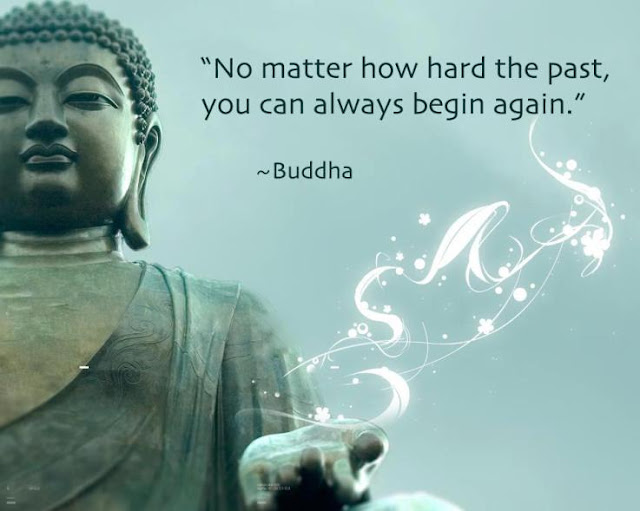by Norah Dooley
Theory and Practice for Storytelling as a 21st Century Skill
A storyteller is often said to be mining their experiences to create story. And the analogy works. Like gold, raw experience is not particularly useful or beautiful until cleaned, purified, heated and shaped. So with our memories. Unlike mining and preparing precious metal for use, the process of changing experience into story is not mechanical but selective. There is no "one-size-fits all" set of directions.
In the short form of story slams it is very obvious that EVERY WORD COUNTS. Actually, every word always counts in the best writing and storytelling. In beautiful examples of stories we see that there is little waste. But in the heat of the moment and in live performance, we can hear our selves get sloppy and throw in details or tangents that do not belong. What can help us with this?
 |
| http://heirloomtomatoplants.com/ |
If cooking was like the process of creating a story then experiences would be ingredients. And like the best fresh ingredients, say tomatoes for example? We would want to pick them when they are ready OR have special recipes ready that call for unripe fruit. We will likely harvest the vegetable whole, with a piece of stem or a leaf tagging along.
Only you know what part of that juicy tomato is best for your story. And being honest or realistic does not mean you must include stems, leaves, skin or seeds in every story that contains tomato. Your job as a storyteller/artist is to select the best ingredients for your 'dish' from the harvest you have. But before you try to do that? Try this exercise...
1.6 Exercise: Put in the whole thing in...
This exercise is kind of like the hokey-pokey. "You put the whole thing in" and You take the whole thing out". I fear this analogy is NOT working well so I guess I am back to just tomatoes and storytelling.;-)
1. Pick an experience you know really well and you would like to tell about it...
2. Either while writing, audio recording or telling a listener, add in every single, ridiculous detail you can about one element in your story. For example: tell every teeny, tiny detail of your setting or about one character or about what one sense is telling you. Tell your entire story using all those details.
3. Then, tell your story again, choosing just three details from the huge pile you have collected. Are they the best three? If not, try again. Let yourself go... if you were picking tomatoes it would be like bringing leaves, stems, vines, rotten tomatoes and horn worms into your kitchen.
 |
| http://gothamist.com/2011/08/05/market_fresh_cooking_with_heirloom.php |

